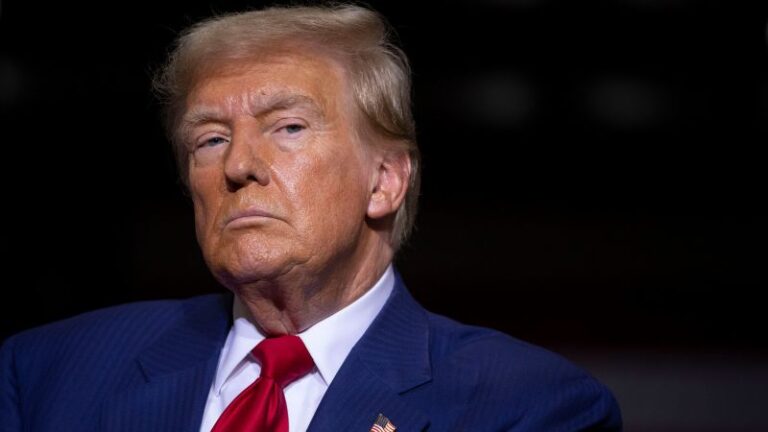
The White House has made clear that it views President Donald Trump’s Oval Office showdown with Ukrainian President Volodymyr Zelensky last Friday as an overwhelming win that underscored Trump’s “America first” leadership.
But while the administration dispatched top officials and allies to amplify Trump’s handling of the situation, European leaders gathered to express unified support for Ukraine and its leader, charting a path forward without Washington.
Here’s how things played out over the weekend:
From the White House: Trump often took aim at US aid for Ukraine on the campaign trail, reflecting waning support among Americans for Ukraine and Zelensky over the past three years of the war. Trump views the conflict through an economic lens, seeking to rebuild a partnership with Russia and recoup some of the financial support the US has provided to Ukraine.
The president’s top lieutenants, including Secretary of State Marco Rubio, national security adviser Mike Waltz, Treasury Secretary Scott Bessent and Commerce Secretary Howard Lutnick — all of whom were in the Oval Office during the explosive meeting — appeared on news shows Sunday to offer praise to their boss and criticism of his Ukrainian counterpart as Trump is dramatically reshaping US alliances.
Meanwhile, in Europe: Dozens of European leaders gathered in London for what British Prime Minister Keir Starmer described as a “once-in-a-generation moment for the security of Europe,” a major show of support for Zelensky.
In a highly symbolic move, King Charles III granted Zelensky an hourlong audience, days after inviting Trump to a second state visit. Starmer promised a “coalition of the willing” to arm and defend Ukraine and warned again that any durable peace would need US security guarantees Trump has not yet offered.
France and Britain also proposed a monthlong limited truce in Ukraine, French President Emmanuel Macron told the newspaper Le Figaro on Sunday. Zelensky said he was aware of the proposal but did not say whether he agreed with it.
Ursula von der Leyen, the president of the European Commission, said Ukraine’s allies needed to turn the country into a “steel porcupine that is indigestible for potential invaders.”


